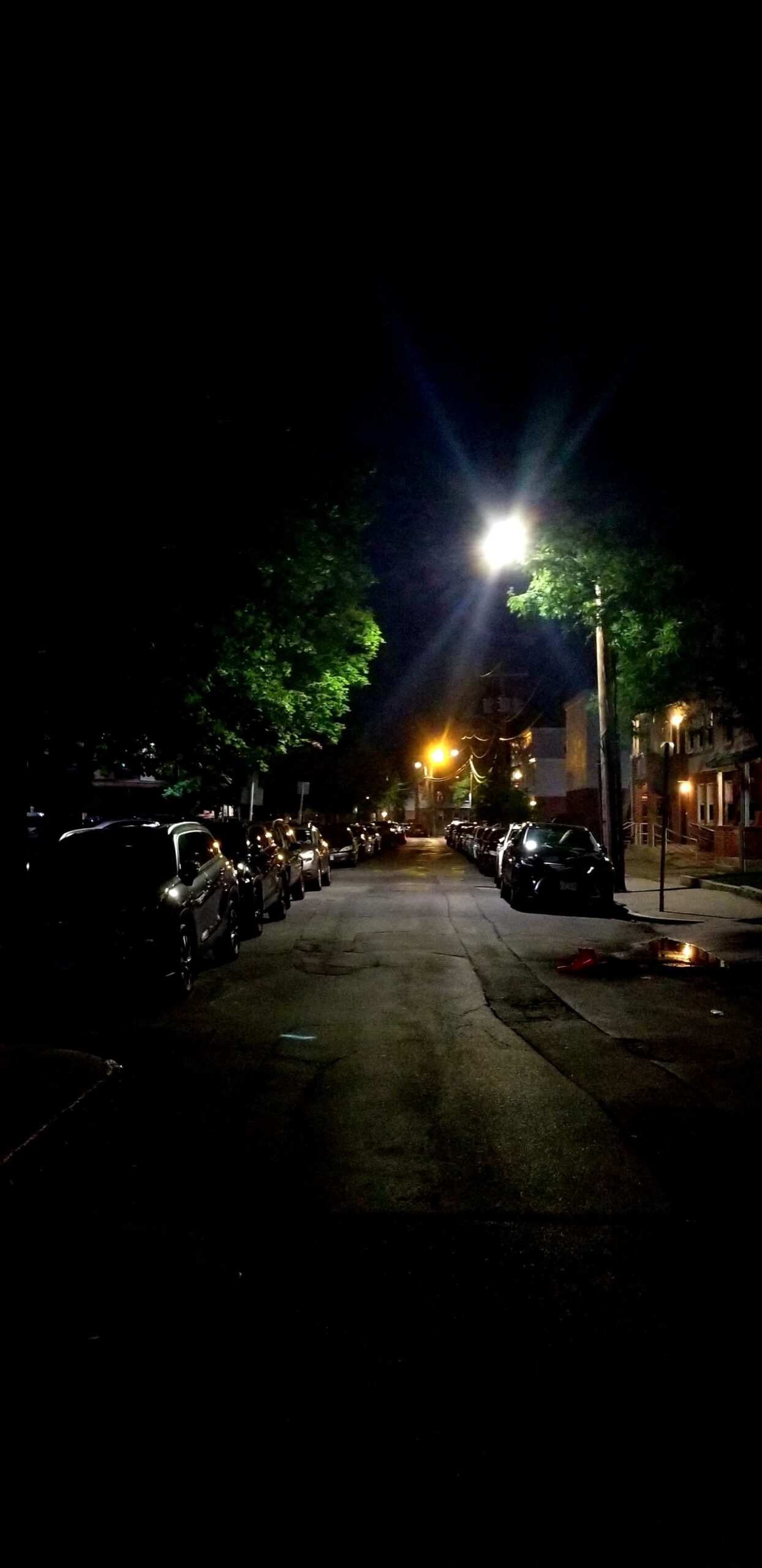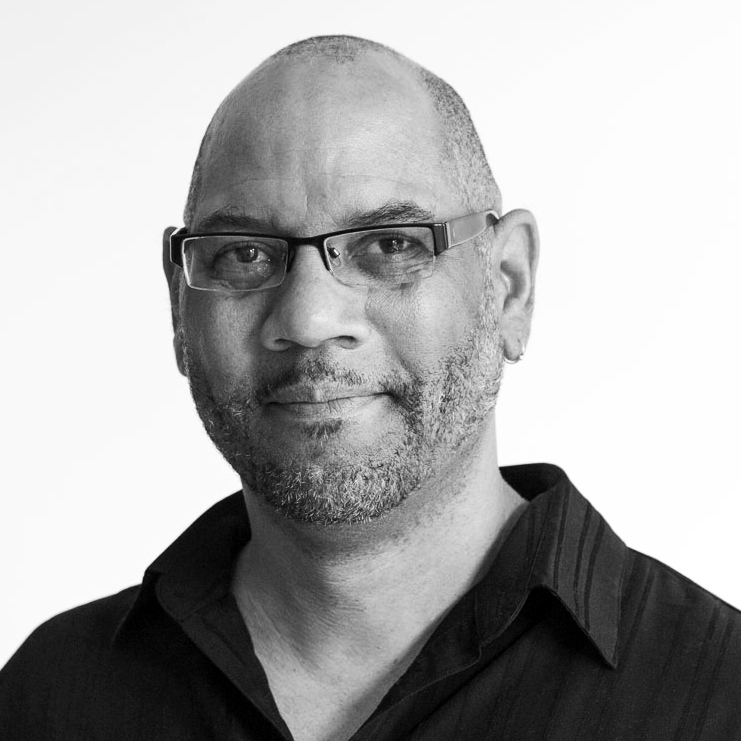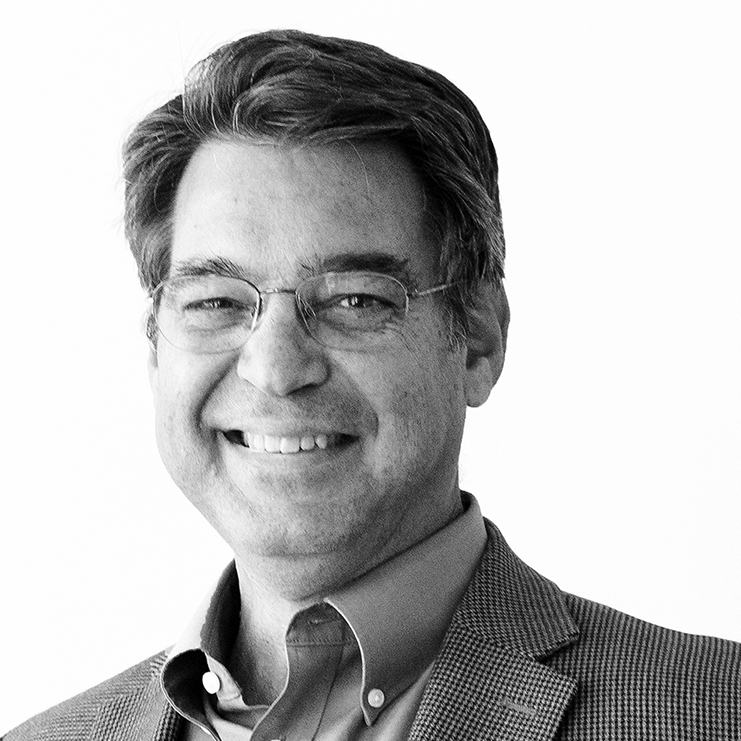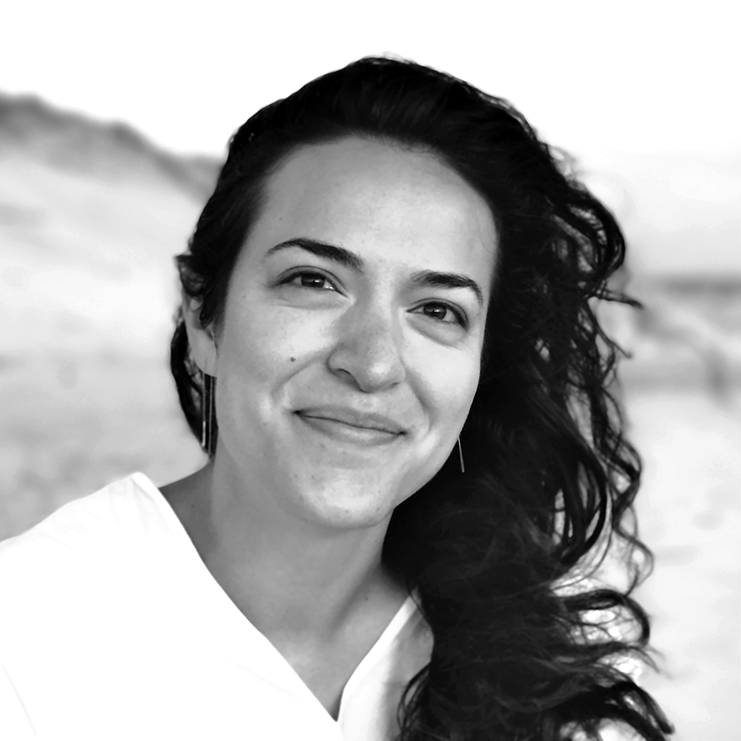
How did Light Justice begin?
In the spring of 2020, Ahmaud Arbery, Breonna Taylor, and George Floyd were brutally murdered by men acting in the name of law enforcement, sparking many weeks of Black Lives Matter protests across the United States and the world. This took place in the midst of the COVID-19 pandemic, which was particularly devastating to communities of color. Many professions, including the lighting industry, recognized that it was time to take a hard look at their own organizational shortcomings with regards to diversity, inclusion, and equality. On 24 June 2020, the International Association of Lighting Designers (IALD) hosted a webinar entitled The Impacts of Racism in the Lighting Industry facilitated by lighting designers Edward Bartholomew, Nelson Jenkins, and Lisa Reed.
Soon afterward, lighting designer Mark Loeffler called to thank Edward and present support as a long-time friend and ally. Building on their shared advocacy for sustainable lighting design, which they had presented on as co-speakers at a lighting conference in Mexico City a decade prior, an ongoing discussion arose from their mutual concern for lighting quality and inequality, particularly in the public realm. They recognized that good lighting, a signifier of prosperity and privilege, is seldom available to marginalized communities. This has contributed to an increasing imbalance, which the lighting profession should recognize and address.
Through a collaborative effort to articulate this need and produce meaningful research that could be shared with the lighting industry, Edward and Mark developed the talk “Light + Justice.” They have since presented to many sustainable design and lighting conferences, as well as written articles for the Illuminating Engineering Society’s Lighting Design + Application magazine. The work of Light Justice explores the intersection of lighting with social and environmental justice, the impact of lighting on marginalized communities and human health, and opportunities for the lighting industry to help overcome these inequities.
Curators
Edward Bartholomew and Mark Loeffler, along with their colleague Lya S. Osborn, established LightJustice.org in early 2022 as a forum to share knowledge and encourage other lighting and design professionals to join the exchange. Together they manage the intake and posting of contributed information. They are supported by a group of advisors who are experienced professionals and advocates for Light Justice.

Edward Bartholomew, IALD, IES, LEED AP is the principal of Bartholomew Lighting, a Black-owned design consultancy based in Cambridge, MA. He has more than thirty years of experience designing sustainable, inspiring, and award-winning architectural lighting systems. His extensive project list includes memorials, corporate headquarters, parks, and non-profit facilities.Edward is an invited speaker on lighting technology, energy efficiency strategies, and social justice at regional, national, and international conferences. In addition, Edward co-teaches lighting design to architecture students at Rhode Island School of Design. Edward has an MFA in Architectural Lighting Design (1995) from Parsons School of Design. Edward serves on the IES Diversity, Inclusion, Equity and Respect (DIER) committee. In addition, Edward is a founding member of Black United In Lighting & Design (BUILDup).

Mark Loeffler, IALD, IES, LEED Fellow retired from active consulting at the end of 2021. Based in Connecticut, he has dedicated more than thirty years to designing joyful, invigorating, healthful, and sustainable architectural lighting for notable academic, healthcare, research, corporate, institutional, and recreational buildings in the US and around the world. He is a professional member of the International Association of Lighting Designers, a member of the Illuminating Engineering Society, and a LEED Fellow. Currently, he serves on the IES Sustainability Committee as an advisory member. During his career, Mark has written, taught, and lectured widely which he plans to continue, especially in his advocacy for lighting’s role in social and environmental justice.

Lya S. Osborn is a multidisciplinary designer, writer, literary translator, and the founder of a collaborative workshop in Seattle, WA. Lya also serves as the North America Regional Director for Unolai Lighting Design and has contributed to a broad range of award-winning international design projects over the past eight years. Lya received a double MFA in Lighting Design and Interior Design from Parsons The New School for Design, where her thesis work challenged the industry norms and incentives which have long defined a designer's role in society, proposing alternate modes of directing design resources to historically underserved or disadvantaged populations. Lya is a member of the International Association of Lighting Designers, the Illuminating Engineering Society, and the International Dark Sky Association, and is Community Friendly Lighting Certified.
Advisors
Francesca Bastianini, IES is the principal of Sighte Studio in New York City, as well as an Assistant Teaching Professor in the MFA Lighting program at Parsons The New School of Design.
Lauren Dandridge, LC, IES is a principal of Chromatic, a lighting design firm based in Los Angeles.
Peter Hugh, IALD, IES is the founder of Hugh Lighting Design and currently serves as the chair of the Diversity, Equity, Inclusion and Respect (DEIR) Committee in the Illumination Engineering Society (IES).
Bob Parks, CFLC, LC, IES is the founder of the Smart Outdoor Lighting Alliance.
Glenn Shrum, IALD, IES is founding principal of Flux Studio, a lighting design firm with offices in Baltimore, Maryland and New York City, as well as an Associate Professor of Lighting Design and Interdisciplinary Practice at Parsons School of Design.
Jane Slade, MID, LC, IES is a lighting researcher and educator on the impacts of light upon the environment, wildlife, and human health, and a Richard Kelly Grant recipient for her explorations into the social and emotional impacts of light.